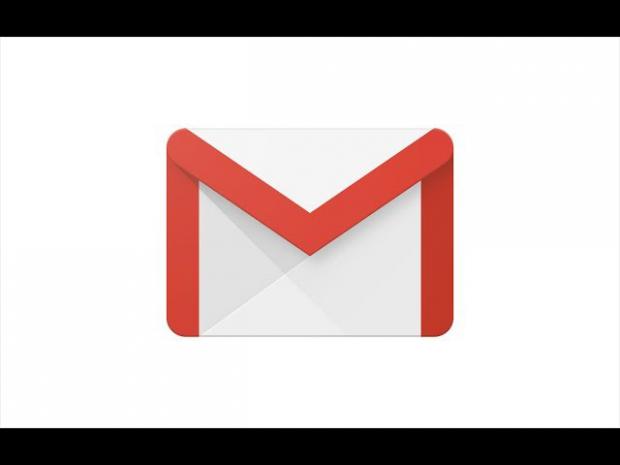
Breaking News
 Will Trump End Sham Democracy Promotions?
Will Trump End Sham Democracy Promotions?
 Review: Thumb-sized thermal camera turns your phone into a smart tool
Review: Thumb-sized thermal camera turns your phone into a smart tool
 Americans stranded in Jamaica plea for help as 'worst ever hurricane' to slam Caribbean isla
Americans stranded in Jamaica plea for help as 'worst ever hurricane' to slam Caribbean isla
 Urgent warning to Gmail users as 183 MILLION passwords are stolen in data breach...
Urgent warning to Gmail users as 183 MILLION passwords are stolen in data breach...
Top Tech News
 Graphene Dream Becomes a Reality as Miracle Material Enters Production for Better Chips, Batteries
Graphene Dream Becomes a Reality as Miracle Material Enters Production for Better Chips, Batteries
 Virtual Fencing May Allow Thousands More Cattle to Be Ranched on Land Rather Than in Barns
Virtual Fencing May Allow Thousands More Cattle to Be Ranched on Land Rather Than in Barns
 Prominent Personalities Sign Letter Seeking Ban On 'Development Of Superintelligence'
Prominent Personalities Sign Letter Seeking Ban On 'Development Of Superintelligence'
 Why 'Mirror Life' Is Causing Some Genetic Scientists To Freak Out
Why 'Mirror Life' Is Causing Some Genetic Scientists To Freak Out
 Retina e-paper promises screens 'visually indistinguishable from reality'
Retina e-paper promises screens 'visually indistinguishable from reality'
 Scientists baffled as interstellar visitor appears to reverse thrust before vanishing behind the sun
Scientists baffled as interstellar visitor appears to reverse thrust before vanishing behind the sun
 Future of Satellite of Direct to Cellphone
Future of Satellite of Direct to Cellphone
 Amazon goes nuclear with new modular reactor plant
Amazon goes nuclear with new modular reactor plant
 China Is Making 800-Mile EV Batteries. Here's Why America Can't Have Them
China Is Making 800-Mile EV Batteries. Here's Why America Can't Have Them
Urgent warning to Gmail users as 183 MILLION passwords are stolen in data breach...

Gmail users have been urged to check their accounts after it was revealed that more than 183 million passwords were stolen in a data breach.
Australian cyber expert Troy Hunt, who revealed the incident, called it a 'vast corpus' of breached data, which totals 3.5 terrabytes.
To put that into perspective, that's the equivalent to 875 full-length HD movies.
According to Mr Hunt, 'all the major providers have email addresses in there' – so not just Gmail, but Outlook, Yahoo and others too.
'They're from everywhere you could imagine, but Gmail always features heavily,' Hunt told the Daily Mail.
So have you been caught up in the incident?
Here's how to check if your email data has been compromised.
The incident occurred in April but has only just been disclosed on Mr Hunt's Have I Been Pwned (HIBP) website.
According to the expert, breached data contained 183 million unique email addresses alongside the websites they were entered into and the passwords used.
To check if you've been compromised, head to the Have I Been Pwned website and enter your email address in the search bar.
Next, tap on the button marked 'Check' and the site will show you the list of data breaches affecting your email address.
Even if not included in the recent Gmail breach, your details may have been involved in past breaches going back over a decade.
If you are one of the 183 million people affected in this latest incident, you need to change your email password as soon as possible.
Once this is done, enable two-factor authentication (2FA) if you haven't already – which sends a code to your smartphone to get into your online accounts.
According to Mr Hunt, this incident is not a single breach but a collection of 'stealer logs' – a series of data files generated and compiled by 'malware' (malicious software).

 China Innovates: Transforming Sand into Paper
China Innovates: Transforming Sand into Paper

